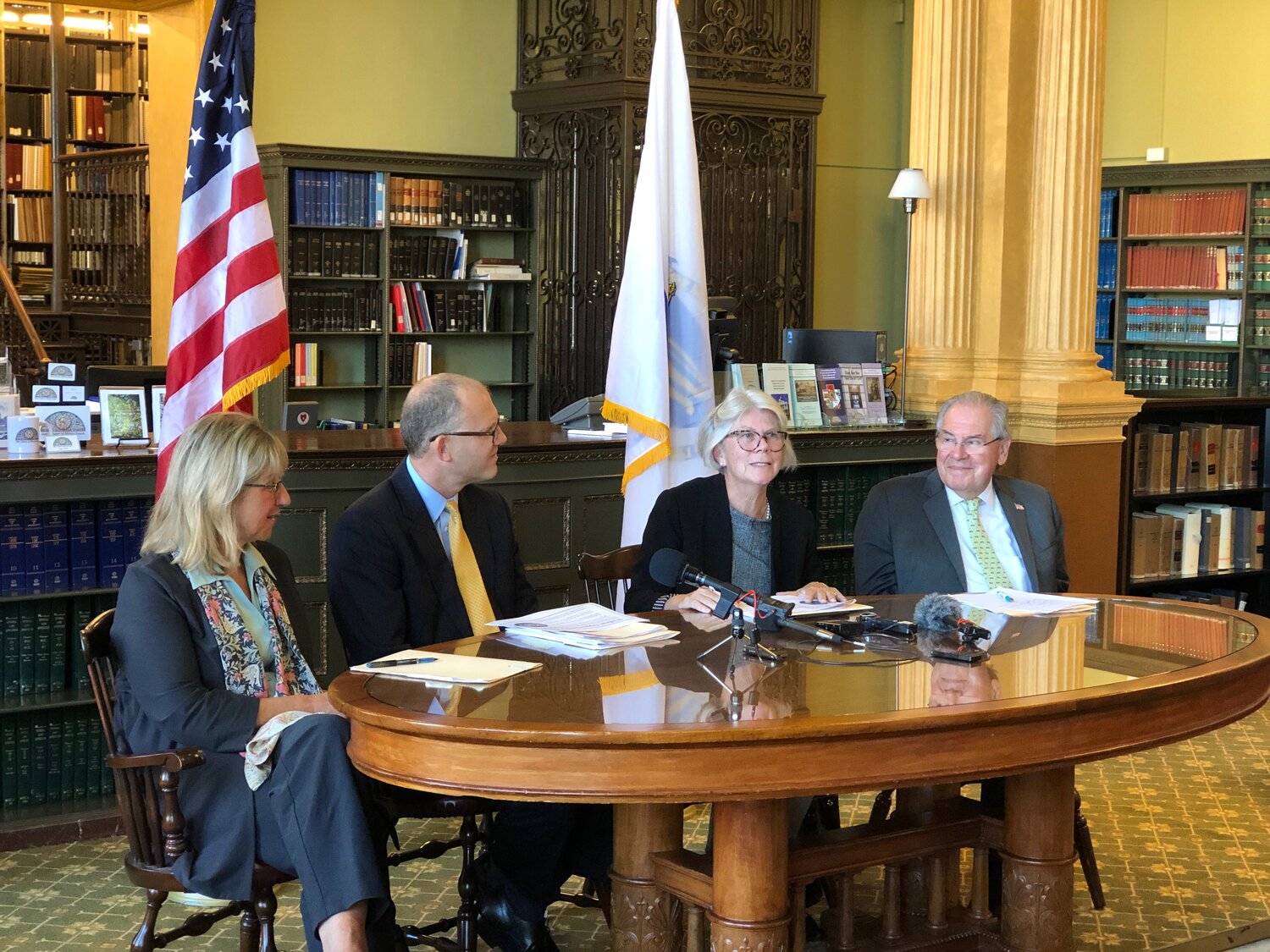Joyce Edwards,
Director of Instructional Services for the Franklin Public Schools, is quoted in the Milford Daily News article on the new PARCC test that will replace the MCAS test.
What is PARCC? PARCC is Partnership for Assessment of Readiness for College and Careers.
What is the difference between the MCAS and PARCC?
The MCAS —influenced by the Massachusetts Curriculum Frameworks, whose creation followed the passing of the Education Reform Act of 1993 — has consistently tested for a collection of skills that educators expect students to learn during their elementary and secondary schooling.
However, PARCC’s goal has been to use benchmarks that will accurately predict students’ chances of excelling beyond high school, should they choose to attend a four-year institution or dive into the workforce.
"The MCAS was not developed to look ahead and signal whether or not students are ready for success after high school," said Massachusetts Commissioner of Elementary and Secondary Education Mitchell Chester. "This assessment is very deliberately asking that question . . ."
While the current MCAS science test will remain, the other subject areas will move to the new PARCC test.
Bolduc added, "They are taking the MCAS and putting it on steroids."
With two versions of the test given in one school year — though districts will have the option to administer up to four versions in a year — teachers will get initial feedback from a late year test before the comprehensive final exam, providing them with, as Edwards put it, "just in time intervention."
To prepare for PARCC testing, districts have to make sure they have the infrastructure to administer the test (for those that do not, the state will offer a pencil and pen version) and continue fusing their curriculum with the Common Core.
When you read "the infrastructure required" what they really mean to say is the computer systems the student will used to take the test.
Read more:
http://www.metrowestdailynews.com/news/x898141577/New-tests-for-Massachusetts-students-on-the-horizon#ixzz2MTYqd24v
For more information on the collaboration of the 24 states visit
http://www.achieve.org/parcc/
For information from the MA Dept of Elementary and Secondary Education visit
http://www.doe.mass.edu/mcas/parcc/

